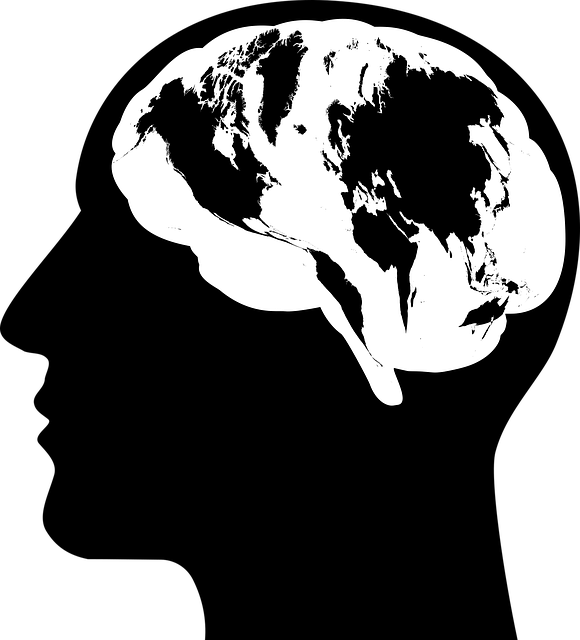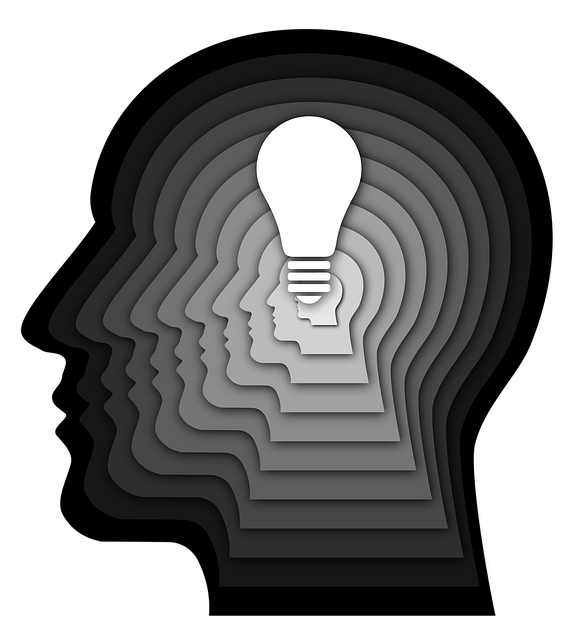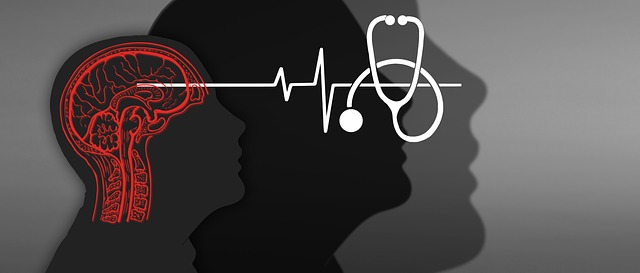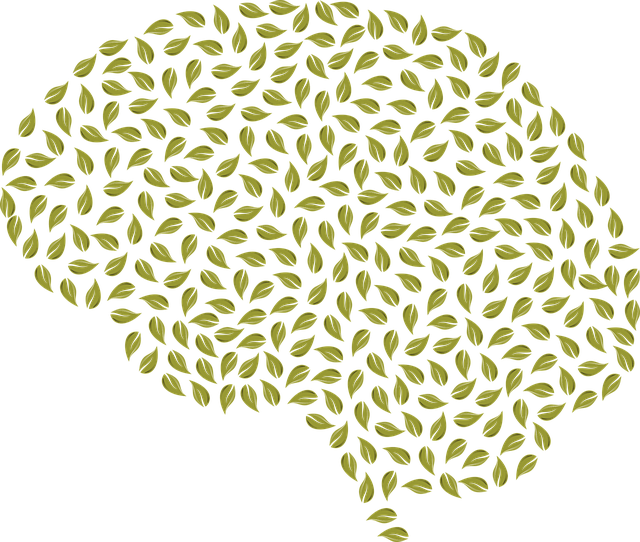Wheat Ridge Gambling Therapy tackles the complexities of mental illness diagnosis by addressing symptom variability, cultural differences, and co-occurring conditions. They emphasize evidence-based practices, self-awareness exercises tailored to diverse backgrounds, and healthcare provider training to enhance cultural competency. Their approach aims to improve diagnosis accuracy, reduce misdiagnosis, and ultimately provide personalized treatment plans, ensuring patients receive the most effective care.
Mental illness diagnosis accuracy is a critical aspect of patient care, yet challenges like complex assessments, common pitfalls, and misconceptions contribute to misdiagnosis, negatively impacting treatment outcomes. This article delves into these issues, introducing Wheat Ridge Gambling Therapy (WRGT) as a novel approach that focuses on addressing underlying causes and cognitive distortions. We explore strategies to enhance diagnosis accuracy through integrating WRGT methodologies, advanced training, technology, and continuous quality improvement initiatives.
- The Current Challenges in Mental Illness Diagnosis
- – Exploring the complexities of mental health assessment
- – Common pitfalls and misconceptions leading to misdiagnosis
The Current Challenges in Mental Illness Diagnosis

Mental illness diagnosis remains a complex and challenging field, with several obstacles hindering accuracy and effective treatment. One significant issue is the vast spectrum of symptoms and their varying presentations across different individuals. Mental health professionals often grapple with differentiating between similar disorders, especially when co-occurring conditions are involved. For instance, depression and anxiety share many overlapping symptoms, making it crucial for practitioners to employ thorough assessment techniques.
Additionally, cultural sensitivity in mental healthcare practice is essential. Different cultures have unique perspectives on mental well-being, which can influence how individuals express and interpret their experiences. Wheat Ridge Gambling Therapy, for example, has recognized the importance of incorporating self-awareness exercises tailored to diverse cultural backgrounds. By promoting understanding and acceptance, these approaches aim to improve diagnosis accuracy by considering the individual’s cultural context, thereby fostering better patient outcomes, including enhanced anxiety relief.
– Exploring the complexities of mental health assessment

Mental health assessment is a multifaceted process that demands careful consideration due to its intricate complexities. Traditional diagnostic methods often rely on subjective reporting from individuals, which can be influenced by personal biases and cultural factors. This makes accurate identification of mental health conditions challenging, especially for those experiencing subtle or comorbid symptoms. At Wheat Ridge Gambling Therapy, we recognize these hurdles and strive to enhance assessment techniques through evidence-based practices that incorporate Stress Reduction Methods and foster Mental Health Awareness.
By prioritizing Healthcare Provider Cultural Competency Training, we ensure our team is equipped to navigate the nuances of diverse patient populations. This training promotes a deeper understanding of cultural backgrounds, belief systems, and communication styles, allowing for more nuanced interpretations of symptoms and improved collaboration with individuals from all walks of life. Ultimately, these efforts aim to bridge gaps in mental health assessment, leading to more accurate diagnoses and personalized treatment plans.
– Common pitfalls and misconceptions leading to misdiagnosis

Misdiagnosis of mental illness can often stem from several common pitfalls and misconceptions. One significant challenge is the vast spectrum of symptoms that various disorders share, leading to confusion among healthcare providers. For instance, anxiety and depression may present similarly, yet they require distinct treatment approaches. This overlap can be particularly tricky for conditions like dual diagnosis, where individuals struggle with both a primary mental illness and substance abuse.
Additionally, cultural competency within healthcare plays a pivotal role in accurate diagnoses. Wheat Ridge Gambling Therapy emphasizes the importance of understanding cultural contexts to avoid stereotyping and misinterpreting symptoms. Mental illness stigma reduction efforts are crucial because societal biases can impact how patients present their struggles, sometimes masking or distorting actual symptoms. Furthermore, burnout prevention strategies for healthcare providers are essential as fatigue and stress can cloud judgment, impacting diagnosis accuracy.
Mental illness diagnosis accuracy has long been a complex issue, but with heightened awareness and improved assessment tools, such as those offered by Wheat Ridge Gambling Therapy, we can navigate these challenges more effectively. By understanding the intricacies of mental health assessment and addressing common pitfalls, healthcare professionals can enhance diagnostic precision, leading to better patient outcomes and more tailored treatment plans. This, in turn, fosters a supportive environment where individuals receive the accurate care they need for their unique mental health journeys.














